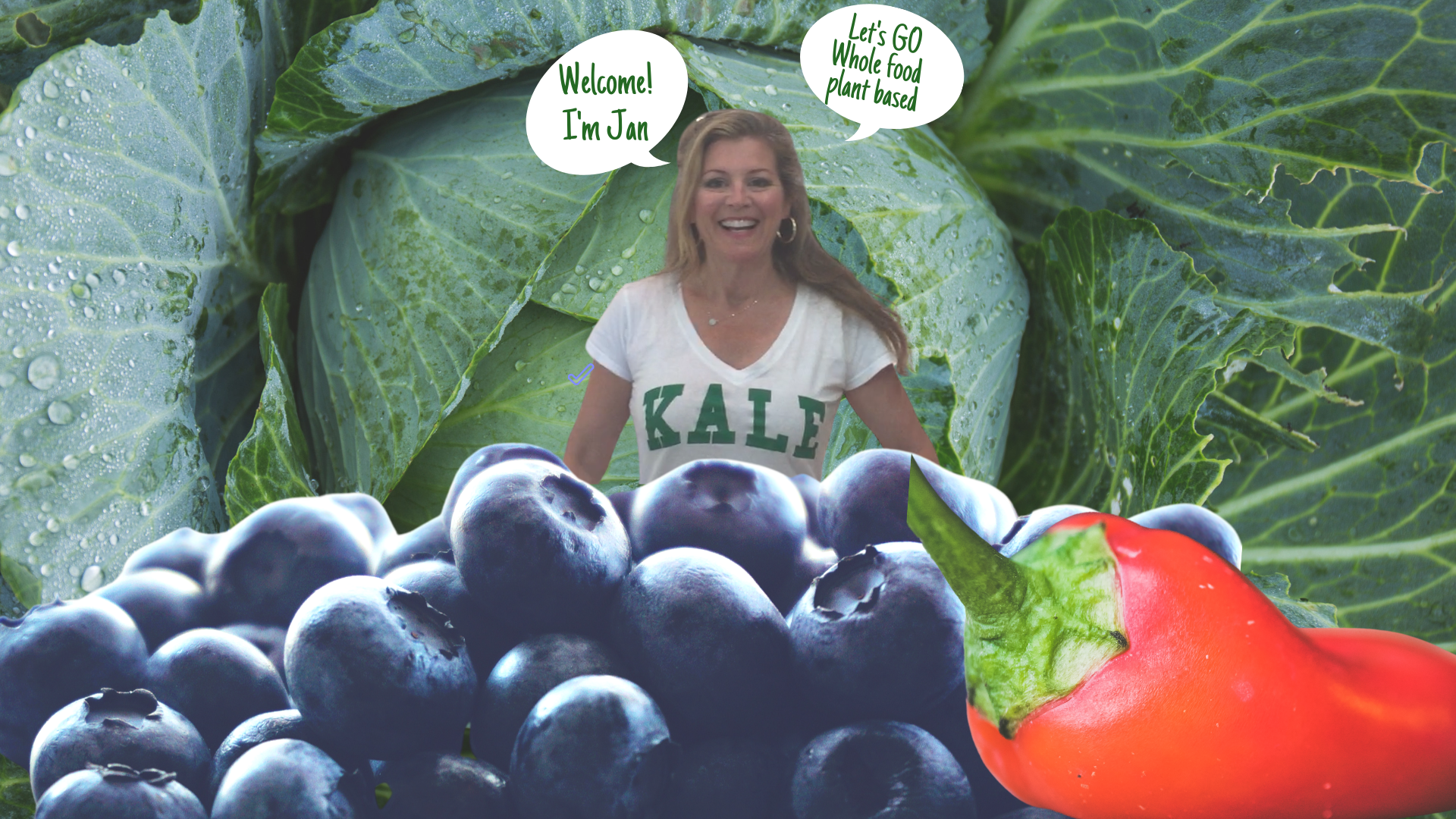Where do you get your protein? If you’re eating whole food plant based or vegan, this is a question people are genuinely concerned about. The fact is, plant foods have adequate amounts of protein for human needs. Did you know that corn, beans, potatoes, and broccoli all have protein for example?
The more protein you have, the better!…Right?! Actually, that’s wrong. Way too much protein puts a heavy metabolic load on our body.
Do we need to be concerned about protein deficiency? There are very few cases of protein deficiency. Protein deficiency could more accurately be called calorie deficiency since there’s protein in almost every whole food.
Do you need to combine plant foods to make sure you have complete proteins? This philosophy was based on flawed studies and has been corrected by many institutions and health associations.
Do I need a lot of protein to lose weight? Or gain weight? Ponder that question for a minute. Increasing protein to gain or lose weight. Wouldn’t the answer be one or the other? It’s no wonder people are confused.
How much protein do I need? Actually, the requirements may be lower than you think. The baseline for protein is .36 grams per pound of body weight, per the World Health Association and United States dietary recommendations. This equates to around 54 grams for a 150 pound person. (Other factors include high activity – like professional athletes, nursing or pregnant women, age and more. Check with your doctor to find out what you need.)
Isn’t animal protein superior to plant protein? There are considerations about animal protein you need to take into account when choosing your protein sources. This video dives deeper into animal protein sources that are sometimes overlooked. It includes the latest studies you should be aware of.
What plants have the most protein? If you’re looking at overall whole food plant based protein sources, legumes and grains are high in protein. These include edamame, lentils, beans (pinto, chickpea, mung, fava, lima, kidney). High protein plant grains include quinoa, kamut, teff, millet and oatmeal.
What are the highest protein vegetables? There are many vegetables that pack high nutritional punch as well as protein. The “protein package” in vegetables also includes fiber and antioxidants. Common vegetables include peas, corn, mushrooms and broccoli. Even potatoes have protein.
Why is plant protein beneficial for health? Eating plants, especially whole food plant sources, means that you are consuming protein with no added dietary cholesterol. Studies have shown that diets high in plants like vegetables, fruits and grains are health-promoting and may lower incidences of many chronic diseases.
Can you build muscle with plant protein only? Many bodybuilders and strongmen do. For inspiration, you can follow guys like Nimai Delgado who’s been featured on the covers of many bodybuilder magazines and never eaten meat. Or, Patrik Baboumian who is one of the world’s strongest men. For sports performance, the documentary Game Changers features more athletes.
Don’t humans need to eat meat? No. Some of the healthiest populations and communities in history have historically eaten little or no animal meat. Regions of the world called Blue Zones include people who live much longer than average. They have been studied extensively and are known to eat primarily plant based.
How can I get started transitioning to a whole food plant based diet? Read books, join social communities (Facebook has quite a few), watch documentaries and learn about the best ways to start transitioning that make sense for your lifestyle. Always check with your doctor about specific dietary needs and concerns. Check out a comprehensive list of WFPB resources here.
Want more information about plant protein along with top questions? Check out our Protein Video on YouTube. It answers the question: Where Do You Get Your Protein in video form.


